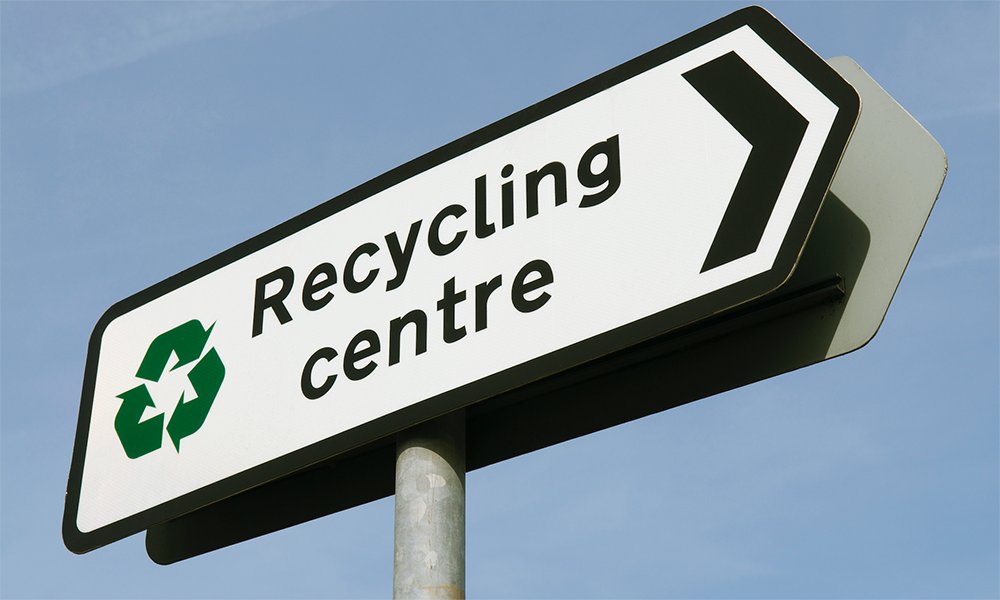We need a paradigm shift to reduce waste and improve recycling
Friday, 21st January 2022

‘In order to phase out incineration of residual waste it is incumbent on us all to work together to find ways to reduce and recycle more waste’
• WHILE Primavera Boman rightly raises concerns about environmental and associated health issues (Why not invest in our futures? January 7) she also highlights the need to find solutions to these problems by pointing to examples of collaboration on research and practice elsewhere in the world.
Five weeks ago I wrote a piece in the Tribune genuinely asking others what we are going to do with the 70 per cent of residual (currently non-recyclable) waste now being generated in the North London Waste Authority area that includes Islington.
I seek to stimulate a debate on how we could reduce, reuse, and vastly improve, waste recycling in order to phase out incineration of that waste.
In my view we will need a paradigm shift to do this. We cannot just keep on doing what we are at present. It is not working.
Recycling rates are stuck at around 30 per cent so that means finding the scientific, technical, and social solutions – and the political will – to reduce, reuse, and increase recycling if we truly want to phase out incineration of residual waste.
It would not be environmentally responsible to use the stagnated recycling rate, and methane emissions from landfill, as excuses for not developing a plan to phase out incineration of waste.
But in order to phase out incineration of residual waste it is incumbent on us all to work together to find ways to reduce and recycle more waste; 70 per cent of residual waste will not just disappear by magic.
I know Islington Council is committed to taking real action to tackle the climate emergency and make Islington a cleaner, greener, healthier place.
The council is working with the other NLWA boroughs and the London mayor to implement a circular economy, to reduce and reuse waste, and to increase recycling rates in our area. And pressing the government for more action here too.
But the council also needs to be at the forefront of exploring a technological and social paradigm shift to substantially increase recycling rates.
So I implore readers to work with the council, NLWA, and other local people on implementing an effective circular economy, to increase recycling rates and to call on government to do much more to assist us in these aims and objectives.
CLLR GARY HEATHER
Labour, Finsbury Park ward